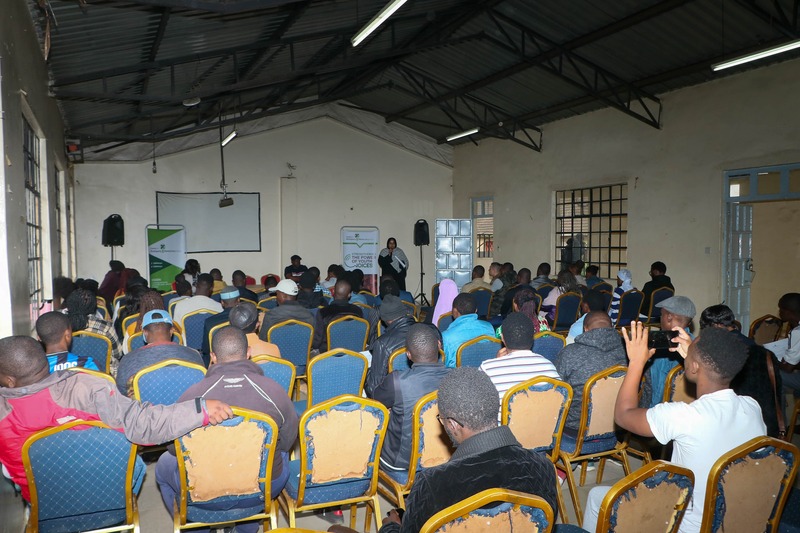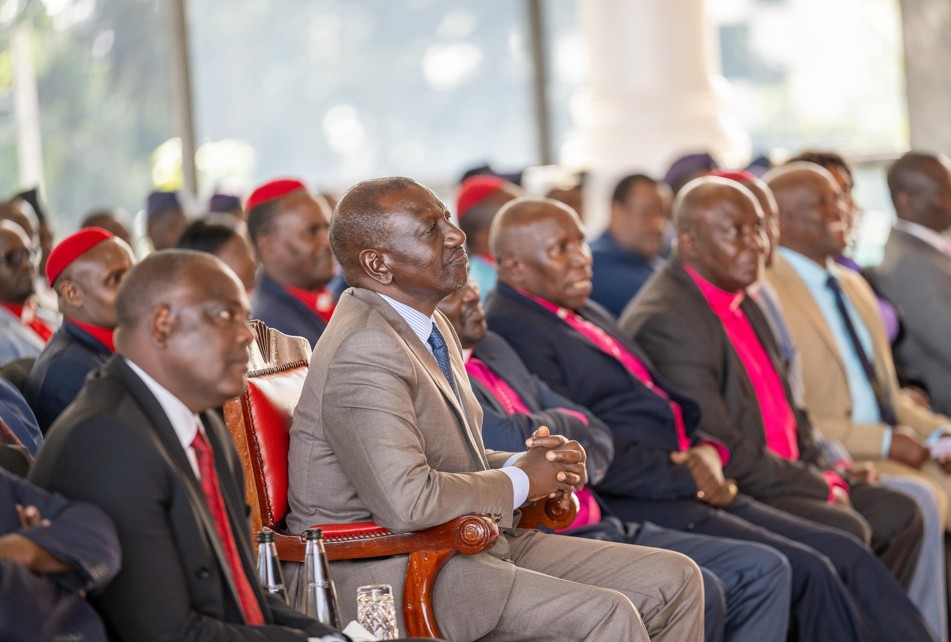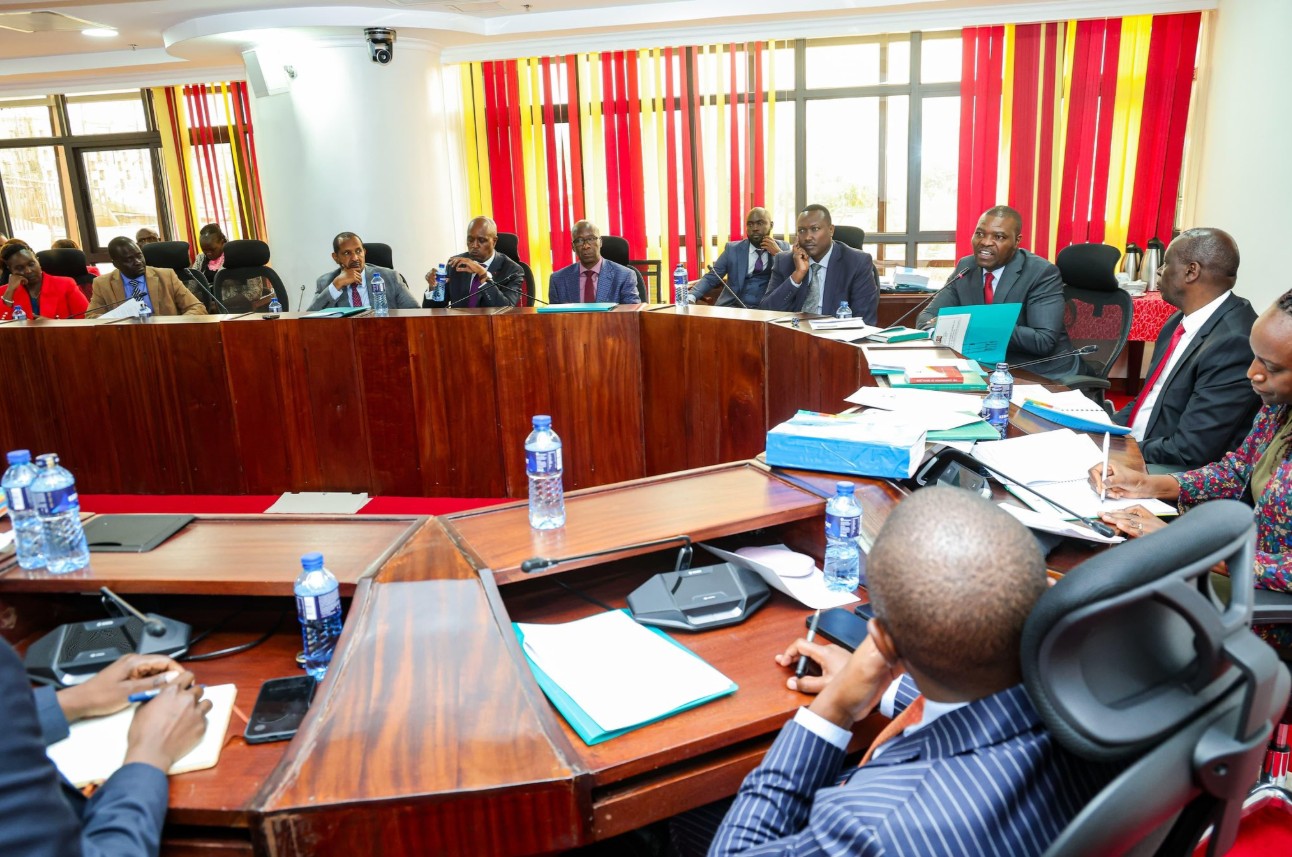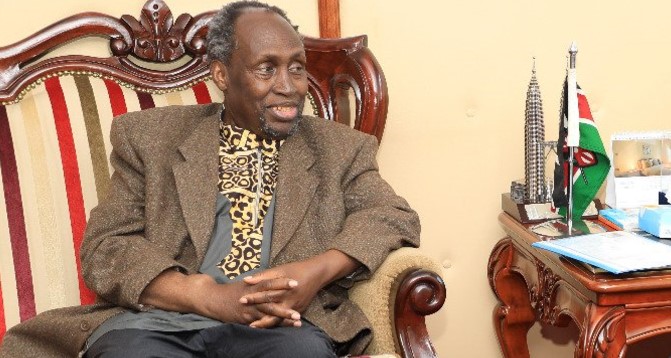Get more youths on government table to rebuild trust for growth - lobby

Additionally, the think tank says the failure of governments worldwide to take account of the priorities of the young produces worrying and negative results.
To tackle the pressing challenges of climate change, inequality, and political tensions, it is vital to involve young people more actively in national governance.
This is according to a policy paper by the economic think tank, the World Economic Forum (Wef), which says there is an urgent need for youths' consideration at the government table for inclusive policy and decision-making.
More To Read
- Former CJ David Maraga declares 2027 presidential bid, promises integrity-led leadership
- Kenya backslides on gender equality push, parity score down 3 per cent in 2025
- Growth over the rest of the year clouded by uncertainty, economists say
- Abducted Juja MP George Koimburi found injured as Gachagua cites rising political repression under Ruto
- MP Peter Salasya claims armed men ambushed his convoy, shot at car after Isiolo rally
- Developers face scrutiny over safety of high-rise buildings after Myanmar quake
Wef says that young people are at the forefront of the aforementioned crises, and it is them, primarily those under 30, who will face the most significant long-term consequences.
"Yet, when it comes to decision-making, young people are routinely left off the political agenda. t is an omission that fuels both frustration and mistrust," the lobby says.
In Kenya, the frustrations of the youths stemming from exclusion of their voices on new tax policies in the 2024 Finance Bill and other calls to governance issues such as corruption and incompetence, led to increasing unrest among the GenZ population.
It culminated in mass protests between June and July 2024, which ultimately resulted in the withdrawal of the 2024 Finance Bill and to a greater extent, the disbandment of the then sitting cabinet.
This was however accomplished at the cost of over 40 lives and extensive destruction of property and businesses, amounting to at least Sh2.4 billion.
Notably, the protests were a clear indication of the growing discontent among young people who feel their concerns such as rising unemployment, inadequate social services and unsustainable economic policies are ignored by the political establishment.
Nevertheless, the events of June 2024 highlighted the need for political leaders to engage more directly with the youth to foster a sense of inclusion and address the issues that matter most to them.
"Rebuilding trust depends critically on recognising and integrating the diverse perspectives of young people into decision-making that affects their future,"Wef says.
"Only by empowering their voices at community, national and international levels can we tackle the intergenerational challenges looming so large in our societies."
It adds that by valuing the insights and fresh ideas of young leaders and combining them with the older generation's experience, countries can cultivate a future of innovative thinking that will drive inclusive solutions to help all.
Despite calls to involve more young people in governance following the dismissal of the cabinet in early July 2024, the country has only seen the reappointment of some of the previously dismissed Cabinet Secretaries and the introduction of veteran politicians into government positions.
The move has since sparked backlash, particularly from the youth and some leaders, who have consistently voiced their dissatisfaction with the reappointments on social media.
Narok Senator Ledama Olekina is one of the leaders who has recently raised concerns about the concern.
"Stop recycling old politicians into state jobs and employ the youth. This is the only way you will inject new blood and energy into the economy!" he said in his 'X' post.
Wef's policy paper is arguably a timely reminder to the Kenyan government and others around the world of the importance of including young people in decision-making processes.
It cautions that without the active participation of the next generation, the path to stable and sustainable economic growth remains uncertain.
It is clear that empowering young people to influence policy is not just a matter of justice, but an essential component of securing long-term peace and prosperity.
Additionally, the think tank says the failure of governments worldwide to take account of the priorities of the young produces worrying and negative results.
"It is, therefore, no surprise that 84 per cent of young people globally describe politicians as self-interested and 82 per cent believe political systems need drastic reform to be fit for the future."
Top Stories Today
Reader Comments
Trending














































